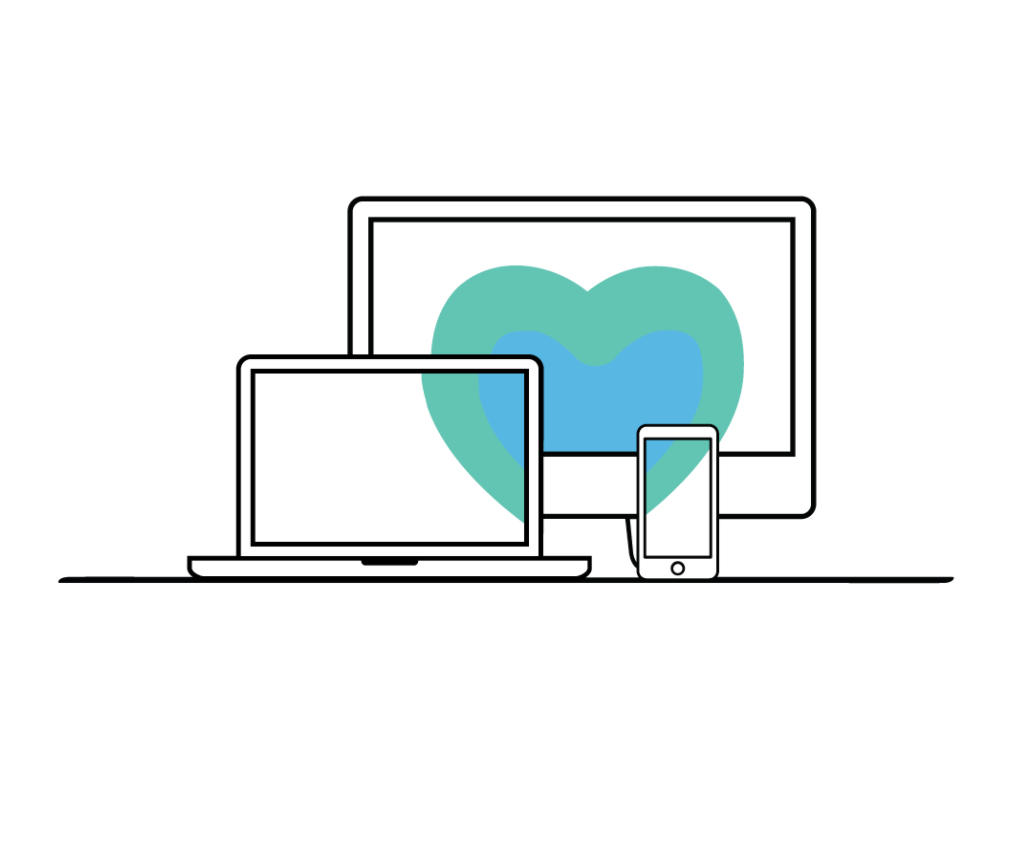 San Francisco-based PatientBank, which makes an online medical record storage and retrieval platform, has raised $2.2 million in seed funding led by General Catalyst and Khosla Ventures. SV Angel, Spectrum 28 and Data Collective also contributed to the round.
San Francisco-based PatientBank, which makes an online medical record storage and retrieval platform, has raised $2.2 million in seed funding led by General Catalyst and Khosla Ventures. SV Angel, Spectrum 28 and Data Collective also contributed to the round.
PatientBank a graduate of Y Combinator, was created to help people gather and share medical records online. Users can order from any doctor or hospital, regardless of the provider network or health plan, by telling PatientBank where they have received care and providing an electronic signature. From there, PatientBank steps in to obtain, digitize and share records with whomever the user needs, and the process costs $9.99 for each record. A summary of the user's records are also available online, which they can share with doctors and family members.
At some point in everyone’s life, they may be asked by a doctor, insurer, lawyer or researcher for their records, and that can be a 30-day process that involves a mix of faxing, showing up in person or making numerous phone calls. PatientBank’s aim is to reduce that pain point. Since hospitals have different polices and processes around medical record access, PatientBank works to standardize that process. As of now, the company has completed over 11,000 medical record requests spanning 2,500 different hospitals.
“We've streamlined the experience for people requesting records. Ordering records on PatientBank is the same for any doctor or hospital in the United States, and we’ve developed a set of tools that works with hospitals on their terms,” PatientBank Founder and CEO Paul Fletcher-Hill said in a statement. “We have different ways to access records – sometimes by mail, electronically, and even fax if we have to. And that flexibility has been critical in expanding the number of hospitals we work with.”
The idea for PatientBank came to Fletcher-Hill when he was a student at Yale and wanted to make a website to visualize his own medical data.
“I assumed there would be some API or integration I could set up with my hospital, or that I could at least get my records promptly emailed to me. I called my doctor, though, and ended up having to fax in a letter,” Fletcher-Hill said in a statement. “I didn't even get my records in thirty days. How can you expect anyone to innovate in this space if it takes a month to access paper copies of your medical records?”
Fletcher-Hill and his colleagues at Yale began with a site to help generate all the required authorizations and documentations for doctors and hospitals to release records. While hospital staff as well as patients were users of the initial product, PatientBank team zeroed in their focus on consumers when they got into Y Combinator.
“We decided consumers represented the best way to expand quickly, as individuals often end up being the vehicle for collecting or sharing records between their doctors or other providers,” Fletcher-Hill stated.
















